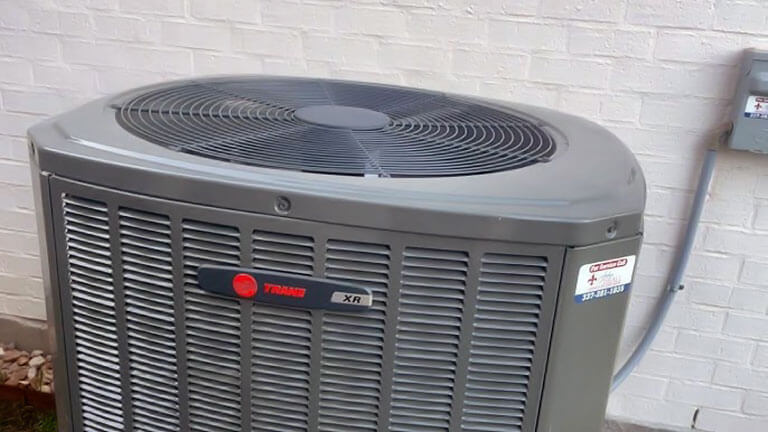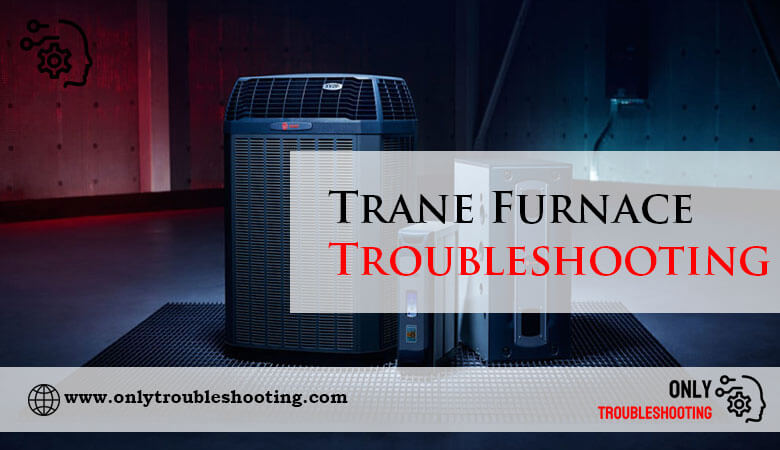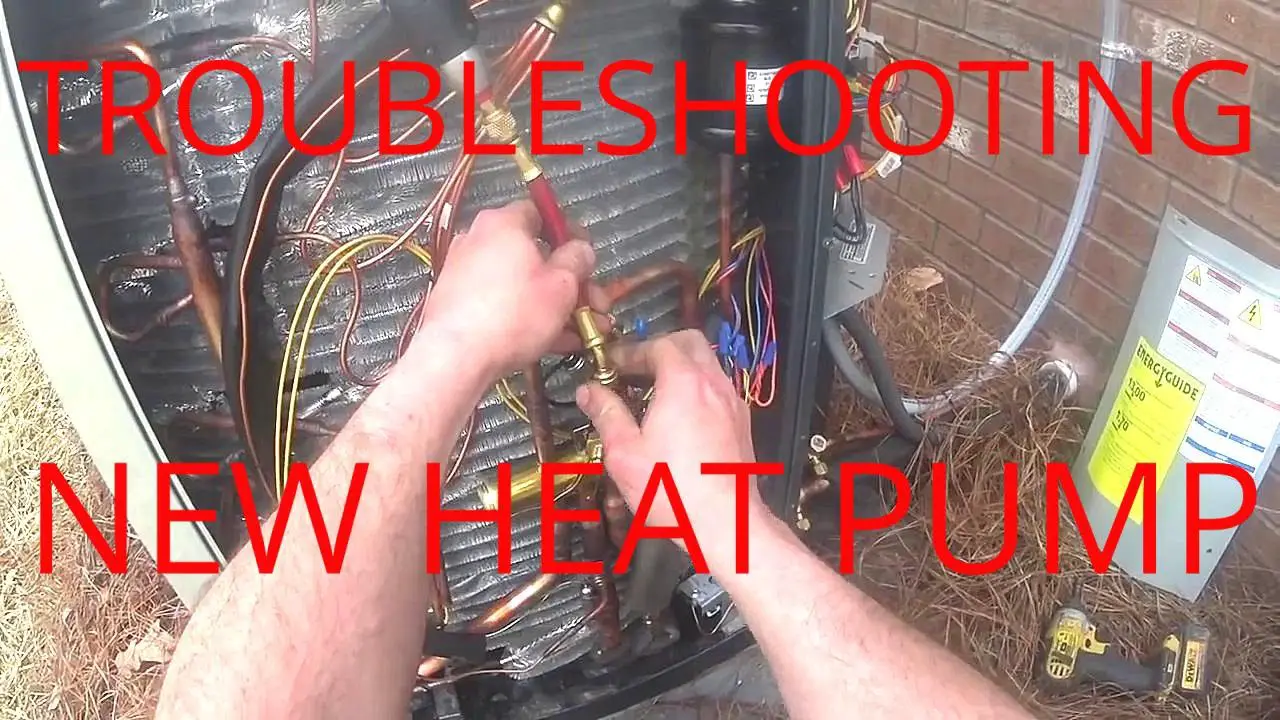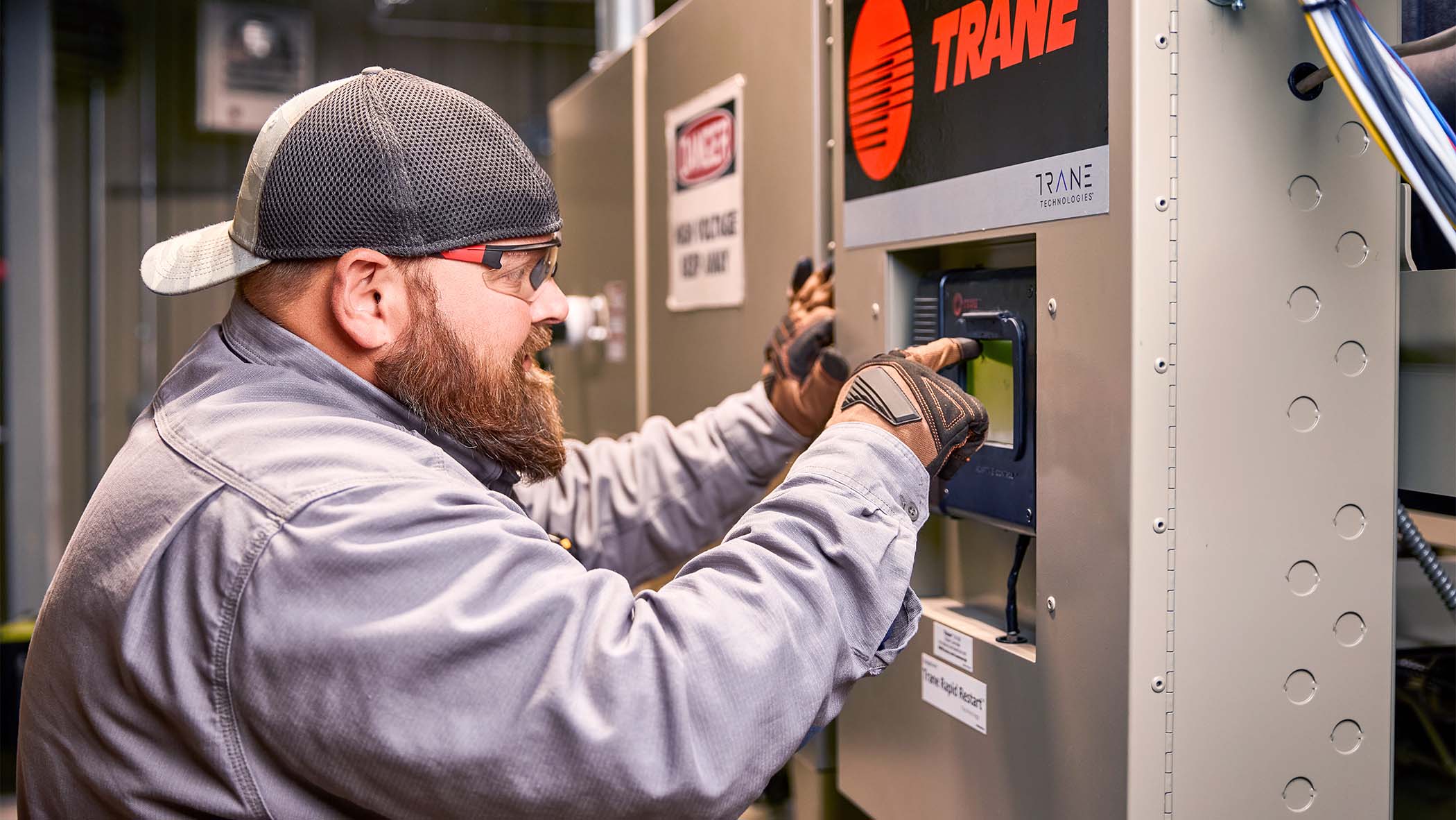Trane Heating Unit Troubleshooting
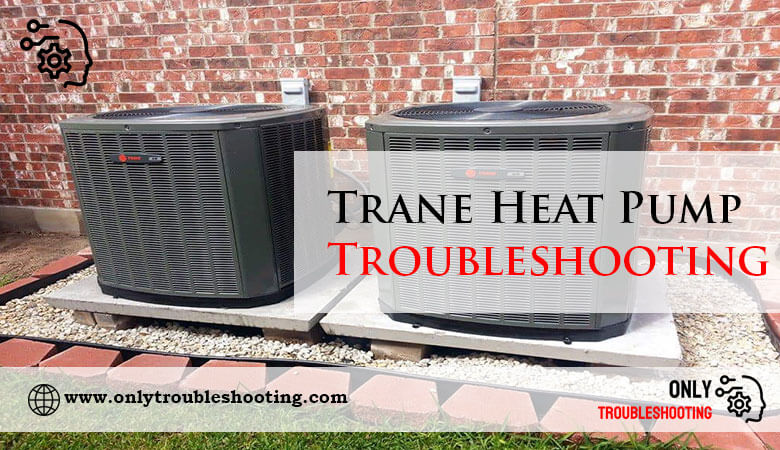
A malfunctioning heating system in the dead of winter is more than just an inconvenience – it's a potential safety hazard. When your Trane heating unit starts acting up, knowing how to troubleshoot common issues can save you time, money, and unnecessary stress. This guide will walk you through typical problems, offering actionable solutions and preventative maintenance tips to keep your Trane furnace running efficiently for years to come.
Understanding Your Trane Heating System
Before diving into troubleshooting, it's crucial to understand the basics of your Trane system. Most residential Trane units are either gas furnaces or heat pumps. Gas furnaces burn natural gas or propane to generate heat, while heat pumps transfer heat from the outside air (even in cold temperatures) into your home. Both types rely on a network of components, including:
- Thermostat: Controls the temperature and activates the system.
- Burner/Heat Exchanger (Gas Furnace): Where combustion occurs to generate heat.
- Compressor/Reversing Valve (Heat Pump): Circulates refrigerant to transfer heat.
- Blower Motor: Circulates heated air through your ductwork.
- Air Filter: Removes dust and debris from the air.
- Safety Switches: Prevent overheating and other malfunctions.
Knowing these components will help you pinpoint the source of the problem when troubleshooting.
Common Trane Heating Unit Problems and Solutions
1. The Unit Won't Turn On
This is arguably the most frustrating problem. Here's a step-by-step approach to diagnosing the issue:
- Check the Thermostat: Ensure it's set to "Heat" and the temperature is higher than the current room temperature. Also, check the thermostat's batteries.
- Inspect the Circuit Breaker: Locate the breaker for your furnace or heat pump in your electrical panel and make sure it hasn't tripped. Reset it if necessary.
- Examine the Power Switch: Most furnaces have a separate power switch (usually near the unit). Make sure it's turned on.
- Gas Supply (Gas Furnace Only): Verify that the gas valve is open. If you smell gas, evacuate the area immediately and call your gas company or a qualified technician.
- Ignition System (Gas Furnace Only): Listen for the igniter clicking or the pilot light attempting to light. If neither happens, the igniter or pilot light assembly may be faulty.
If none of these steps resolve the issue, it's time to call a qualified HVAC technician.
2. Insufficient Heat
If your unit is running but not producing enough heat, consider these possibilities:
- Dirty Air Filter: A clogged air filter restricts airflow, reducing the unit's efficiency. Replace the filter with a clean one.
- Blocked Vents: Ensure that all vents in your home are open and unobstructed.
- Ductwork Leaks: Leaky ductwork can waste a significant amount of heated air. Seal any visible leaks with duct tape or mastic sealant. For extensive leaks, consider hiring a professional to seal and insulate your ductwork.
- Low Refrigerant (Heat Pump Only): Low refrigerant levels can significantly reduce a heat pump's heating capacity. This requires professional diagnosis and repair.
- Frozen Outdoor Unit (Heat Pump Only): In very cold weather, heat pumps can experience frost buildup on the outdoor unit. Most units have a defrost cycle, but if ice buildup is excessive, it could indicate a problem.
3. Unusual Noises
Strange noises coming from your heating unit are often indicators of underlying problems:
- Banging or Popping: This could indicate expanding and contracting ductwork, which is generally normal. However, loud or persistent banging might suggest a more serious issue, such as a problem with the blower motor or heat exchanger.
- Squealing: A squealing noise often points to a worn-out blower motor belt (if applicable) or a dry motor bearing.
- Rattling: Loose screws, debris inside the unit, or a vibrating duct can cause rattling noises.
- Humming: A humming sound could indicate a problem with the capacitor in the blower motor or compressor.
It's best to have a professional diagnose and repair any unusual noises coming from your heating unit.
4. Short Cycling
Short cycling refers to when the unit turns on and off frequently, without completing a full heating cycle. This can be caused by:
- Oversized Unit: If your unit is too large for your home, it may heat up too quickly and shut off prematurely.
- Dirty Flame Sensor (Gas Furnace Only): A dirty flame sensor can prevent the furnace from staying lit.
- Overheating: If the unit is overheating, safety switches will shut it down. This could be caused by a blocked air filter, restricted airflow, or a faulty blower motor.
5. Gas Odor (Gas Furnace Only)
If you smell gas, evacuate the area immediately and call your gas company or a qualified technician. Do not attempt to troubleshoot the problem yourself.
Preventative Maintenance for Trane Heating Units
Regular maintenance is key to preventing problems and extending the lifespan of your Trane heating unit. Here are some essential tasks:
- Replace Air Filters Regularly: Check your air filter monthly and replace it every 1-3 months, or more frequently if you have pets or allergies.
- Clean the Blower Motor: Dust and debris can accumulate on the blower motor, reducing its efficiency. Clean it annually.
- Inspect and Clean the Burner (Gas Furnace Only): Have a qualified technician inspect and clean the burner annually to ensure proper combustion.
- Check Flue Pipe (Gas Furnace Only): Make sure the flue pipe is properly connected and free of obstructions to prevent carbon monoxide buildup.
- Inspect and Clean the Outdoor Unit (Heat Pump Only): Remove any leaves, debris, or snow from around the outdoor unit to ensure proper airflow.
- Schedule Professional Maintenance: Have your Trane heating unit professionally inspected and tuned up annually by a qualified HVAC technician.
Trane Heating Unit Warranties
Trane offers a variety of warranties on its heating units, typically including:
- Base Limited Warranty: Covers parts for a specified period (usually 5-10 years).
- Registered Limited Warranty: Extends the parts warranty if you register your unit within a certain timeframe (often 60 days).
- Optional Extended Warranty: Provides additional coverage for parts and labor.
Important: Read your warranty carefully to understand what is covered and any requirements for maintaining coverage. Proper installation and maintenance are often prerequisites for warranty validity.
Trane Heating Unit Features, Ratings, and Costs
Trane offers a range of heating units to suit various needs and budgets. When choosing a new unit, consider the following:
- AFUE (Annual Fuel Utilization Efficiency) (Gas Furnaces): Measures the efficiency of converting fuel into heat. Higher AFUE ratings (e.g., 95%+) indicate greater efficiency and lower energy bills.
- HSPF (Heating Seasonal Performance Factor) (Heat Pumps): Measures the heating efficiency of a heat pump. Higher HSPF ratings (e.g., 8.5+) indicate greater efficiency.
- SEER (Seasonal Energy Efficiency Ratio) (Heat Pumps - Cooling Efficiency): While primarily a cooling rating, SEER is important for heat pumps as they also provide air conditioning. Higher SEER ratings (e.g., 16+) indicate greater cooling efficiency.
Example Trane Models:
- Trane S9V2-VS (Gas Furnace): Variable-speed furnace with up to 97% AFUE. Offers exceptional comfort and energy savings. Expect to pay between $4,000 and $7,000 installed.
- Trane XV20i (Heat Pump): Variable-speed heat pump with up to 20 SEER and 10 HSPF. Provides efficient heating and cooling. Expect to pay between $6,000 and $10,000 installed.
- Trane XR95 (Gas Furnace): Single-stage furnace with up to 95% AFUE. A more affordable option that still offers good efficiency. Expect to pay between $3,000 and $5,000 installed.
Pricing can vary depending on location, installation complexity, and contractor.
Comparing Trane to Other HVAC Brands
Trane is a well-respected brand known for its quality and reliability. However, it's important to compare it to other leading brands such as:
- Carrier: Another top-tier brand known for its innovative technology and energy-efficient systems.
- Lennox: Known for its quiet operation and high-performance models.
- Rheem/Ruud: Offers a range of options at different price points, providing a good balance of value and performance.
- Goodman: A budget-friendly option that still offers decent performance and reliability.
When choosing a brand, consider your budget, energy efficiency goals, and specific needs. Read reviews and compare features to find the best fit for your home.
When to Call a Professional
While this guide provides helpful troubleshooting tips, some problems require professional expertise. Call a qualified HVAC technician if:
- You smell gas.
- You are uncomfortable working with electricity or gas.
- You are unable to diagnose the problem.
- The problem persists after attempting basic troubleshooting steps.
- The unit requires repairs involving refrigerant or complex components.
Investing in regular maintenance and prompt repairs will ensure your Trane heating unit provides reliable and efficient heating for years to come. Don't hesitate to seek professional help when needed to keep your system running smoothly and safely.


